In the context of climate change and increasing pressure on pollution, environmental protection in industrial parks (IPs) is not only of interest to the province and localities but also has the active participation of the business community, contributing to creating a green - clean - beautiful image for industrial parks, attracting sustainable investment.
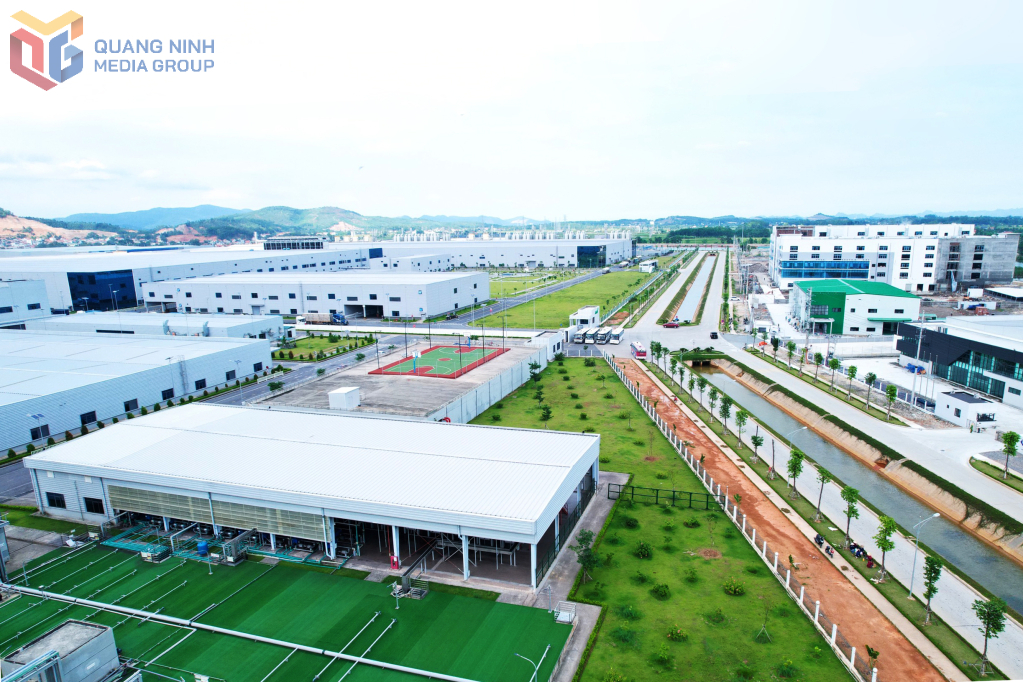
Quang Ninh Economic Zone Management Board has actively implemented Action Program No. 572/CTr-UBND dated March 17, 2023 of the Provincial People's Committee, implementing Resolution No. 10-NQ/TU on strengthening the Party's leadership in resource management, environmental protection and climate change response for the period 2022-2030. On that basis, the Board has coordinated with relevant departments and branches to comprehensively review and evaluate the wastewater, exhaust gas and solid waste treatment systems in industrial parks and economic zones; at the same time, develop investment plans and upgrade environmental infrastructure to meet the criteria of a "green industrial park" in a sustainable and environmentally friendly direction.
The coordination, supervision and urging of investors in industrial park infrastructure are always focused on by relevant departments, branches and sectors; coordinating with departments, branches and localities to organize many direct meetings with investors to unify the land acquisition plan, speed up the construction progress of centralized wastewater treatment plants and complete legal documents in the environmental field. At the same time, the Economic Zone Management Board has consulted with participating units to report and propose the Provincial People's Committee to authorize the settlement of environmental administrative procedures for projects to ensure smooth implementation of projects.
Efforts in monitoring and inspection have also contributed to improving the effectiveness of environmental protection. The Economic Zone Management Board has coordinated with the Provincial Inspectorate and the Department of Natural Resources and Environment to conduct regular and surprise inspections of environmental protection projects and works; issue notices of acceptance results, and impose administrative sanctions on cases of non-compliance with environmental protection regulations. The monitoring team of the Provincial National Assembly Delegation has also monitored the implementation of environmental protection policies and laws since the Law on Environmental Protection 2020 took effect. Thereby, many enterprises have promptly overcome shortcomings, completed wastewater, exhaust gas and solid waste treatment systems, contributing to reducing environmental pollution. It is expected that in 2025, departments and branches will coordinate to inspect 9 projects in industrial parks and economic zones, including environmental protection work.
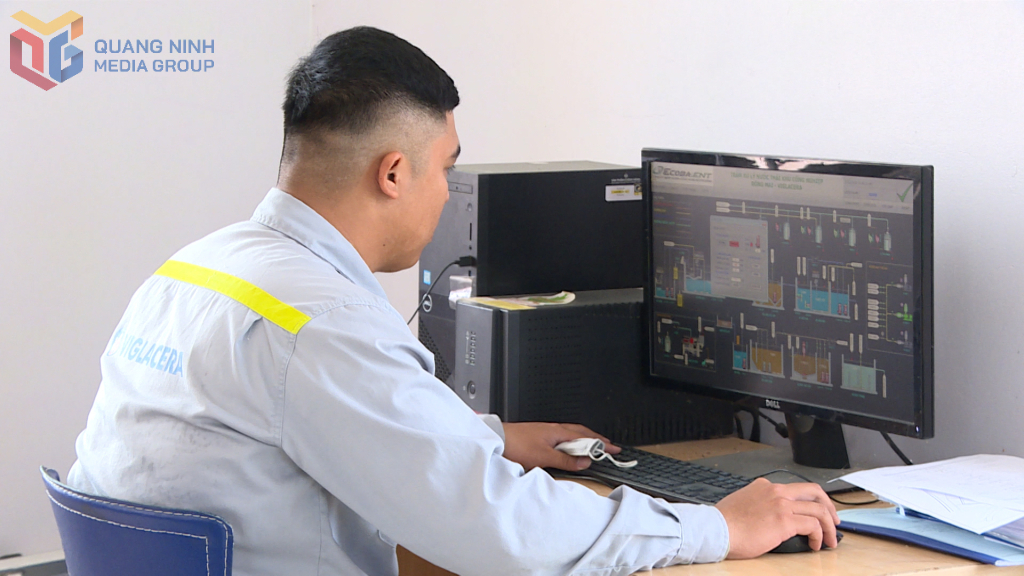
In addition to infrastructure investment, the completion of administrative procedures in the environmental sector is also focused on. The Economic Zone Management Board, together with the Department of Agriculture and Environment, the Department of Construction, and the Provincial Tax Department, reviews and proposes adjustments to land use targets, registers investment plans to build centralized wastewater treatment plants, and supports businesses in completing procedures for environmental impact assessment, discharge licensing, and acceptance of environmental protection works.
Resource management is closely integrated with environmental protection. The province also focuses on reviewing and adjusting land use targets of industrial zones until 2025, registering needs until 2030, with a vision to 2050, as a basis for establishing zoning plans, general plans and technical infrastructure projects to serve the goal of long-term environmental protection.
Faced with the reality that some newly established industrial parks have not yet invested in centralized wastewater treatment plants, leading to temporary treatment with small-scale technology; the capacity of some stations is still low compared to the increasingly expanding production scale; investment resources for automatic environmental monitoring systems are still limited... the province continues to mobilize and require businesses to strictly comply with environmental protection regulations.
Accordingly, some enterprises have also focused on upgrading environmental protection infrastructure. Typically, Texhong Hai Ha Industrial Park (Hai Ha district) has completed environmental infrastructure with a treatment plant with a capacity of 15,000 m³/day and night, synchronized with a continuous automatic monitoring system; Bach Dang Industrial Park (in Dam Nha Mac area, Quang Yen town) is expanding the treatment plant from 8,000 to 12,000 m³/day and night, to meet the needs of production growth and ensure discharge standards... The Management Board of the Economic Zone is proposing solutions to increase capacity, expand treatment modules, apply remote monitoring technology and develop a periodic maintenance and operation plan to ensure efficiency and sustainability.
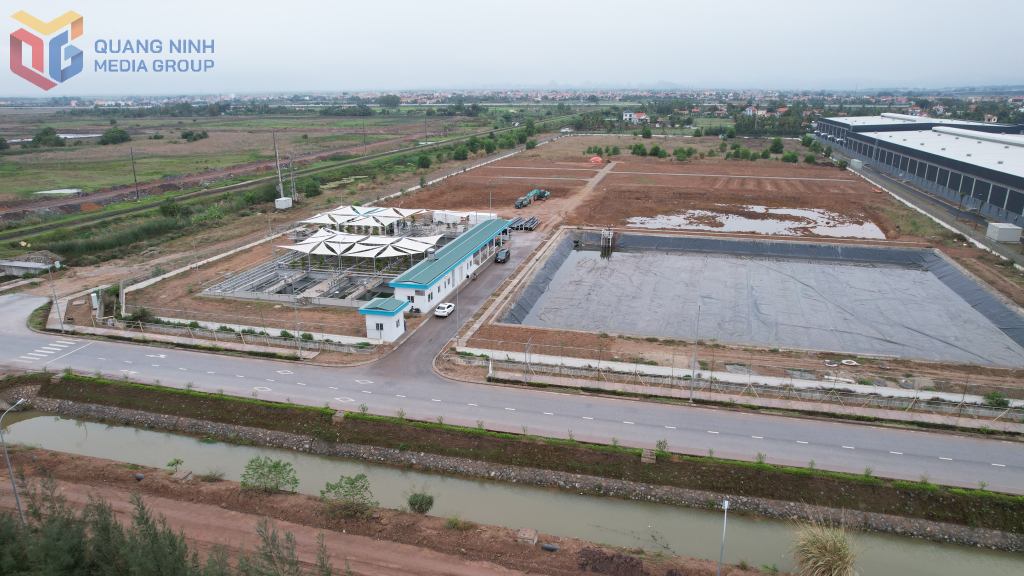
Currently, Quang Ninh still maintains a good rate of 100% of operating industrial parks with centralized wastewater treatment systems that meet environmental standards. 8 industrial parks have completed the construction of centralized wastewater treatment plants with a total of 13 modules, with a treatment capacity of 65,400 m³/day and night, contributing to protecting water sources and minimizing environmental pollution around the industrial parks.
The province has urged 100% of enterprises in the industrial park to complete legal documents on solid waste, minimize uncontrolled landfilling; and strictly control the generation of hazardous waste at production facilities.
With the active participation of departments, branches, localities and the business community, environmental protection work in industrial parks and economic zones in the province is increasingly going into depth. This will help Quang Ninh achieve the goal that by 2030, all industrial parks and economic zones in the province will meet the criteria of "green industrial parks, green economic zones", applying the circular economic model, reusing treated wastewater, collecting and recycling solid waste, aiming for sustainable development and adaptation to climate change.
Thu Nguyet
Source







![[Photo] General Secretary To Lam attends the 80th Anniversary of the Cultural Sector's Traditional Day](https://vstatic.vietnam.vn/vietnam/resource/IMAGE/2025/8/23/7a88e6b58502490aa153adf8f0eec2b2)
![[Photo] Prime Minister Pham Minh Chinh chairs the meeting of the Government Party Committee Standing Committee](https://vstatic.vietnam.vn/vietnam/resource/IMAGE/2025/8/23/8e94aa3d26424d1ab1528c3e4bbacc45)
















































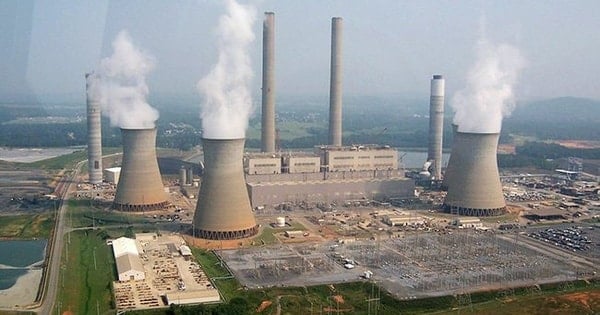

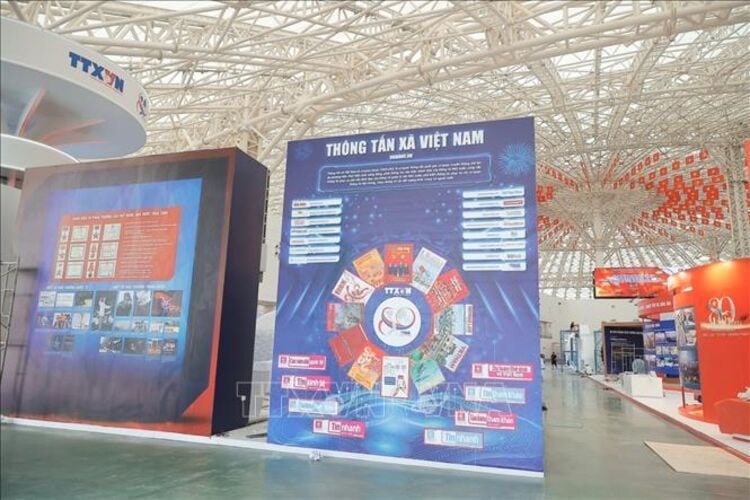

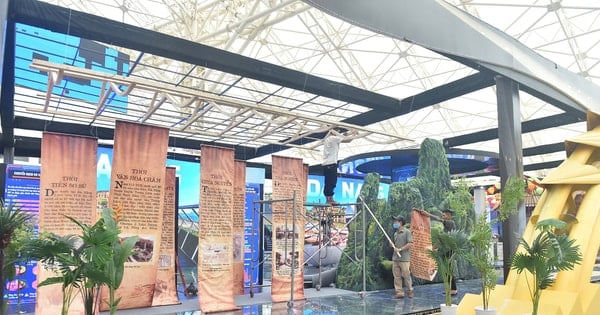
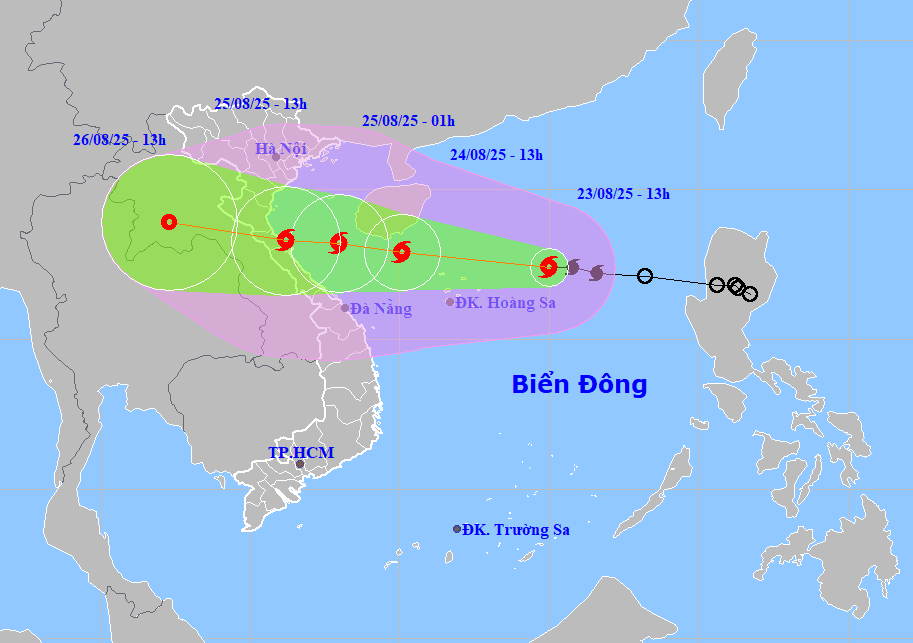



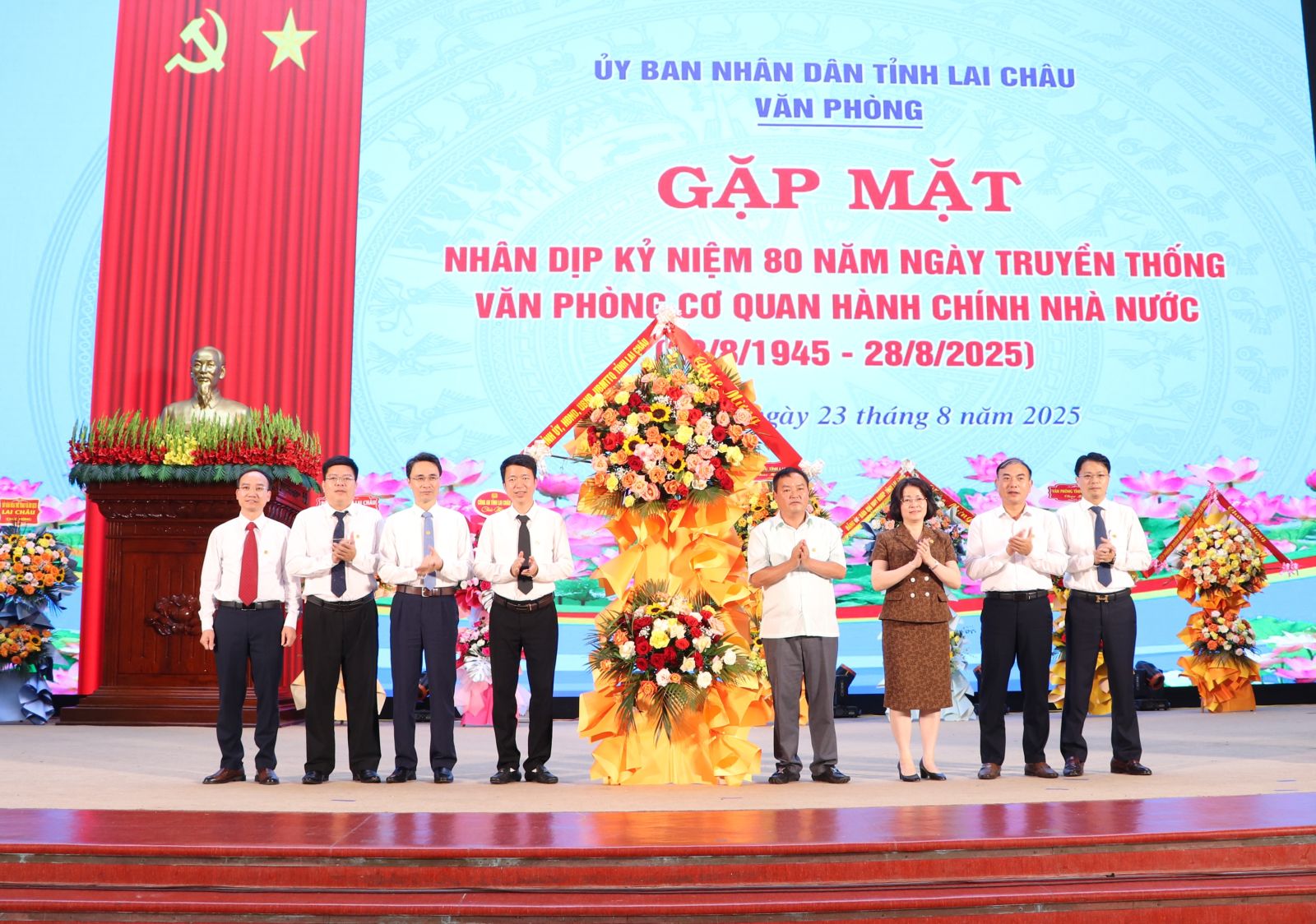















Comment (0)